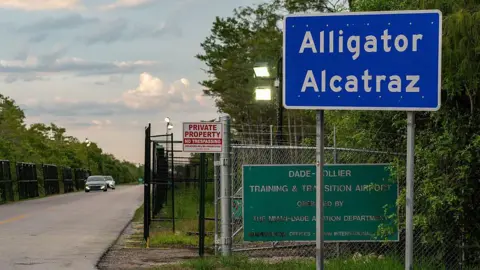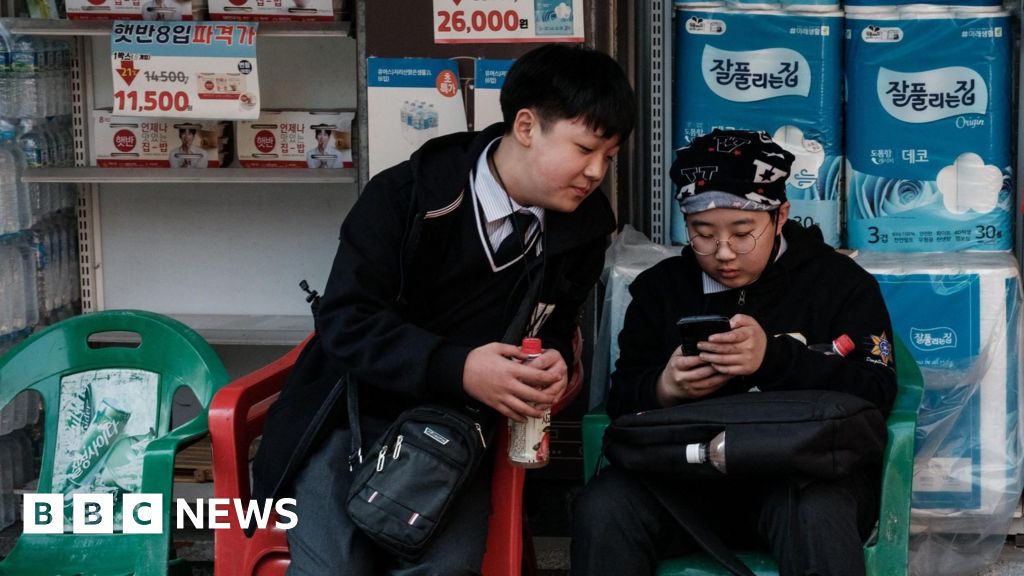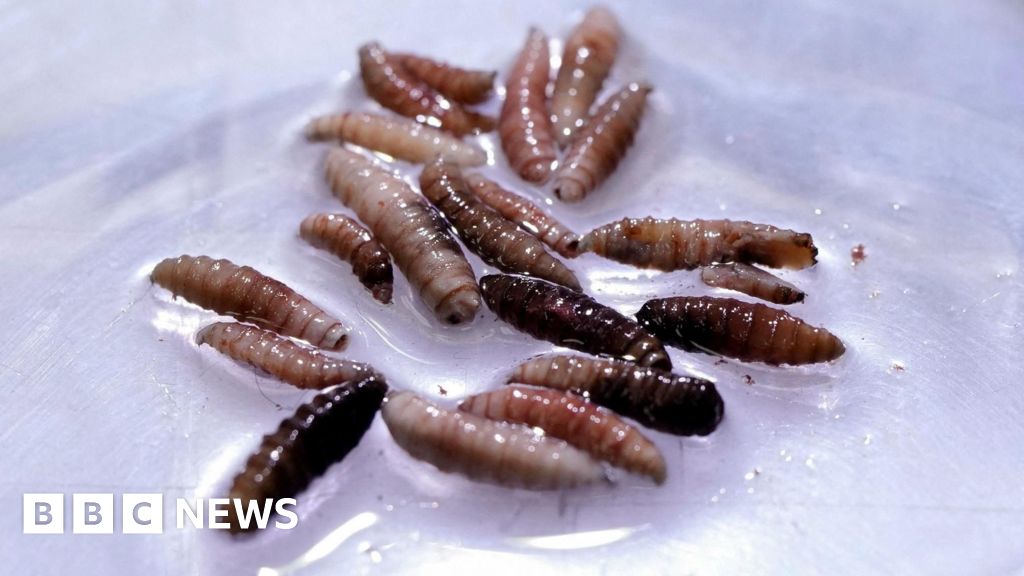Cammi Norwood's son Mason was jumping with joy at the thought of starting public school next year in Palmetto, Florida.
The four-year-old, who was diagnosed with Stage 4 kidney disease at birth, has spent two healthy years without any hospital visits, and is eager to be in class with friends, Ms Norwood said.
But the 32-year-old mother is beginning to reconsider sending her immunocompromised son to school, after Florida's surgeon general last week announced he would try to end vaccine mandates in the state, including those for school children.
It's just scary, Ms Norwood said. If these kids aren't vaccinated … he can get very, very sick if someone were to come in with the measles.
Medical experts and some parents worry the surgeon general's move will threaten the health of vulnerable children like Mason, setting the stage for a new era of infectious disease, driven by lower vaccine rates.
We'll end up having pockets of outbreaks of different types of infectious diseases, Florida's former surgeon general, Scott Rivkees, told the BBC. Individuals who are older, immunocompromised adults and children who may have cancer, for example, are going to be afraid to go out into public.
If Florida goes ahead, it would be one of the first states to officially do away with childhood vaccination mandates, which have long been a fixture in parents' back-to-school plans. In April, Idaho's governor signed a law loosening vaccine requirements.
These moves come as Health Secretary Robert F Kennedy Jr, a vaccine sceptic, undertakes remaking US vaccine policy, and the nation's public health agency, the Centers for Disease Control and Prevention (CDC), is in turmoil.
When Florida Surgeon General Joseph Ladapo announced the effort earlier this month, he likened existing mandates to slavery, saying that parents should ultimately have a choice.
His efforts are backed by Republican Governor Ron DeSantis, while leading medical organisations, including the American Academy of Pediatrics, oppose the plan.
Ladapo did not offer specifics, and his office did not respond to a request for comment from the BBC. But Florida's health department told the Associated Press that in 90 days, it would lift school mandates on vaccines for hepatitis B, chickenpox, Hib influenza and pneumococcal diseases.
Lifting the mandates on other vaccines would require a change to the Florida Administrative Code, which would have to go through the state legislature, medical experts told the BBC.
The announcement worried Meghan Bichard, a mother of two in Lake County, Florida. The 39-year-old's two children, ages eight and three, are already vaccinated but she knows several parents in her town whose children are not.
To hear that there's going to be the potential of some of these very preventable diseases becoming a petri dish here in our location is troublesome, she said. Why wouldn't we want to protect ourselves, and why wouldn't we want to protect our neighbours?
But Dana Fernandez, of Longwood, Florida, was delighted by Ladapo's policy.
She moved with her family from New York - which does not allow religious exemptions for vaccines - to Florida, so her six-year-old unvaccinated triplets could attend public school with the waiver.
I support a parent's right to decide for themselves what they feel is right for their child, she said. But I don't support you mandating what I should do.
A recent survey from health nonprofit KFF suggests that the vast majority - about 80% - of parents in Florida and across the US want vaccine requirements for public schools.
Florida has a relatively high vaccination rate, though the number of religious exemptions for shots has grown in recent years, said Dr Rivkees, a University School of Public Health professor.
As exemptions have grown, Meghan Martin, a paediatric emergency medicine doctor at Johns Hopkins All Children's Hospital in Florida, said she has seen more outbreaks of vaccine-preventable illnesses in recent years.
Cases of whooping cough, or pertussis, for instance, used to be rare, but are now a monthly occurrence, she said. In 2024, pertussis sickened over 700 Floridians, up from just 85 cases in 2023. The state has also seen several measles cases over the past year as the US battled its worst outbreak of the infection in decades, leading to three deaths, including two children in Texas.
Dr Martin said the policy could further lower vaccination rates in the state, leading to more severe illness and potentially overcrowding hospitals.
In an interview with CNN, Ladapo said on Sunday that his department had not analysed data about how the policy change could affect outbreaks of vaccine-preventable illnesses.
Do I need to analyze whether it's appropriate for parents to be able to decide what goes into their children's bodies? I don't need to do an analysis on that, he said.




















